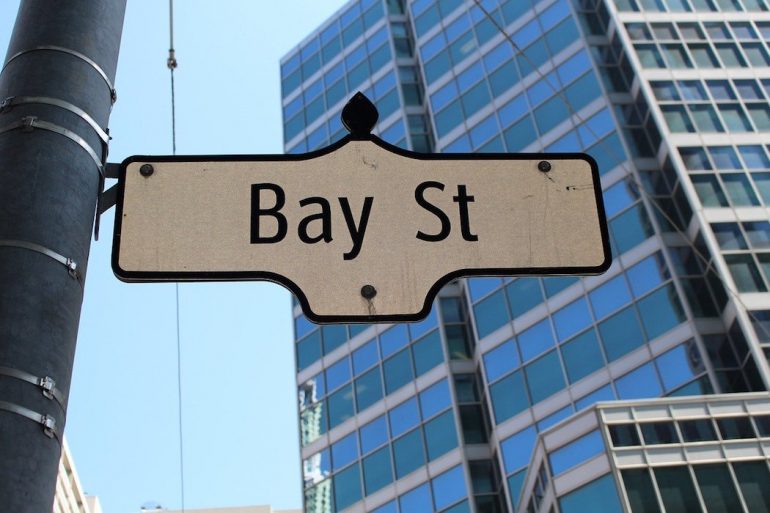Scotiabank and the National Bank of Canada are now offering the Export Development Canada (EDC) loan guarantee program for their clients, signalling that Canada’s big banks are starting to roll out the federally-backed program.
The loan guarantee program allows the banks to offer a flexible, short-term financing solution to businesses.
The loan guarantee is one pillar of the Business Credit Availability Program (BCAP), a federal government initiative, that aims to provide relief to businesses during the COVID-19 pandemic through three credit programs. Through the EDC loan guarantee, the government aims to give eligible businesses access to up to $6.25 million CAD in short-term liquidity to cover “critical” expenses like rent, payroll, and other operational costs.
TD Bank, BMO, and CIBC note on their websites that the EDC BCAP loan guarantee is not yet available, indicating that National Bank and Scotiabank are the first big banks to begin offering this pillar of BCAP.
Scotiabank and National Bank are also offering the $40,000 Canada Emergency Business Account (CEBA) loan program, which also falls under the federal government’s BCAP program. The CEBA is already being offered by most of Canada’s big banks.
“Having addressed the needs of small business firms through CEBA funding, the EDC BCAP program allows us to deliver much needed relief to medium-sized and larger Canadian firms, providing working capital through access to a short-term financing solution on flexible terms,” said Dan Rees, group head of Canadian banking for Scotiabank.
The EDC loan guarantee is available to businesses for one year, with the potential to renew for another year. The loan must be repaid in full, 12 months after it is issued. There is also a six-month EDC guarantee fee payment deferral.
RELATED: SR&ED payments beginning to flow to Canadian tech following delay caused by COVID-19
In order to receive funding, applicants for both CEBA and the EDC loan guarantee must apply through their bank or a financial institution. The federal government says Canadian businesses in all sectors that were financially viable and revenue generating prior to the COVID-19 outbreak are eligible to apply.
Through federally-backed BCAP, EDC and the Business Development Bank of Canada (BDC) are committing $65 billion in direct lending and other types of financial support. In addition to the CEBA and the EDC loan guarantee, BCAP encompasses the BDC co-lending program for small and medium enterprises, which provides term loans for operational and liquidity needs of businesses, which could include interest payments on existing debt.
The co-lending program is designed in three segments to target support to different business sizes. The program will issue loans of up to $312,500 to businesses with revenues of less than $1 million, up to $3.125 million for businesses with revenues between $1 million and $50 million, and up to $6.25 million for businesses with revenues in excess of $50 million. Scotiabank says it is working with industry and the federal government to bring the BDC BCAP program to clients “in the near future.”
Members of the tech community have complained about stringent eligibility requirements for BCAP programs that exclude a number of startups. One CEO who spoke with BetaKit in March expressed concern that Canadian software-as-service (SaaS) and other traditional tech companies with revenue below $4 or $5 million will not be able to take advantage of such programs as they do not often qualify for bank loans, or lines of credit.
Many tech companies are also not traditional exporters and therefore may not qualify for EDC’s support. In late March, EDC encouraged companies that sell products and services within Canada to reach out to BDC.
Image source Pixabay


